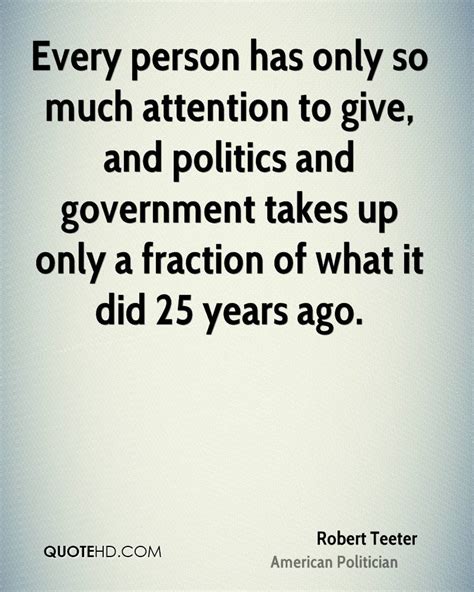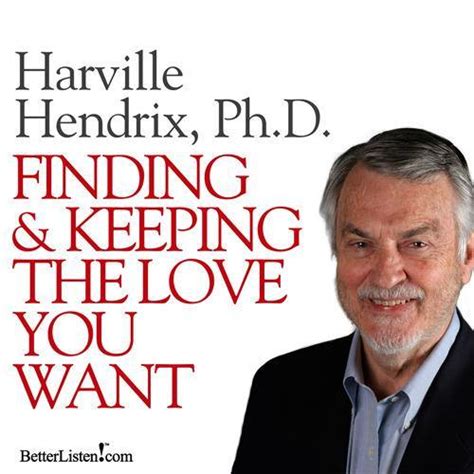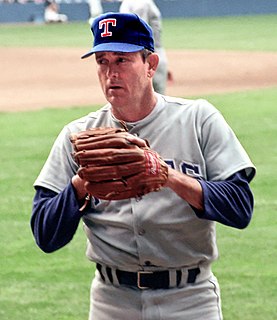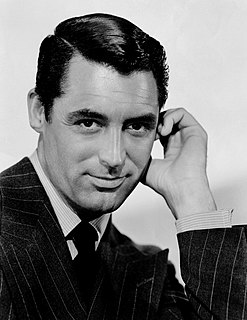A Quote by Graciela Chichilnisky
The "can do" logic, by its own nature, does not accept limits. And an empire does not have a graceful way to evolve out of this role. History demonstrates this time and again.
Related Quotes
As nature requires whirlwinds and cyclones to release its excessive force in a violent revolt against its own existence, so the spirit requires a demonic human being from time to time whose excessive strength rebels against the community of thought and the monotony of moralityonly by looking at those beyond its limits does humanity come to know its own utmost limits.
Since my logic aims to teach and instruct the understanding, not that it may with the slender tendrils of the mind snatch at and lay hold of abstract notions (as the common logic does), but that it may in very truth dissect nature, and discover the virtues and actions of bodies, with their laws as determined in matter; so that this science flows not merely from the nature of the mind, but also from the nature of things.
You've got to realize that in any competition there is always a winner and loser. When it turns out that you're the loser on a given day, you can be a graceful loser, but it doesn't mean that you're a loser in the sense that you're willing to accept losses readily. Concede that on that day you weren't the best and that you were beaten in competition. But that should make you more dedicated and hard working. It's wrong to accept defeat as a loser. Be graceful about losing, but don't accept it.
That's the issue that I've been exploring: How did the Republic turn into the Empire? That's paralleled with: How did Anakin turn into Darth Vader? How does a good person go bad, and how does a democracy become a dictatorship? It isn't that the Empire conquered the Republic, it's that the Empire is the Republic.

































